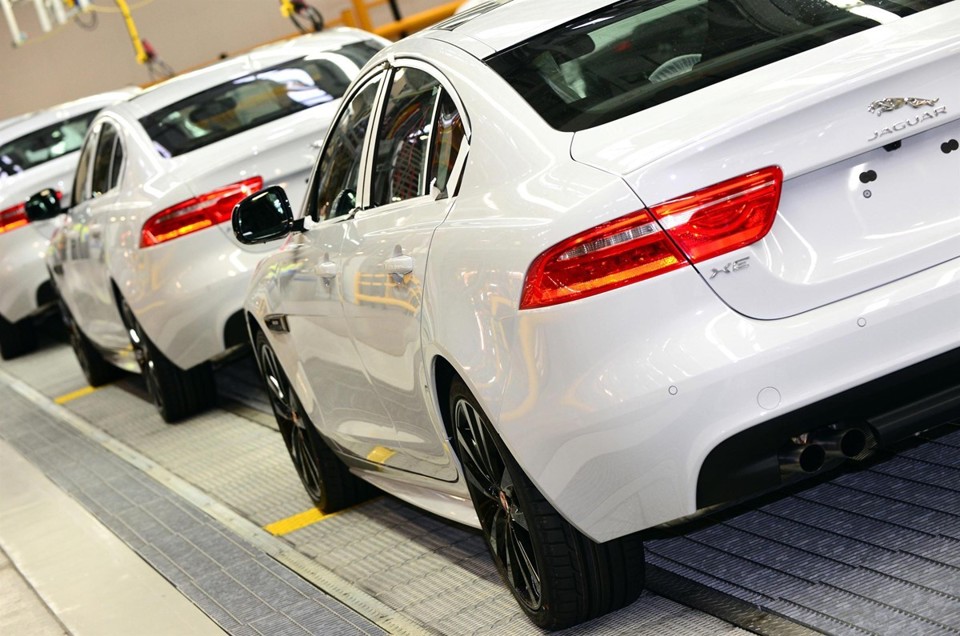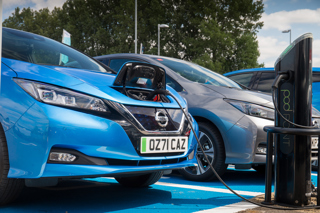Car manufactured in the UK suffered a significant decline of 20.6% in September, with 70,039 units rolling off production lines, according to figures released today by the Society of Motor Manufacturers and Traders (SMMT).
The drop is partly due to the comparison with a strong September 2023, which marked the highest production output for the month since 2020.
The decrease was anticipated however as manufacturers are winding down production of current models to prepare for the production of all-new zero-emission vehicles.
Despite the overall decline, 21,309 electrified vehicles were produced, representing 30.4% of all cars made in September, although this segment also saw a 37.0% drop compared to the same month last year.
Both domestic and export markets saw nearly identical decreases, with output for the UK down 20.8% to 18,614 units and exports falling 20.6% to 51,425 units.
The EU, the UK’s largest market for finished vehicles, accounted for 52.2% of exports at 26,825 units, although this represented a 28.6% decline in volume.
Exports to China also fell by 23.1% to 3,673 units, representing 7.1% of the export share. In contrast, exports to the United States increased by 24.6%, reaching 8,210 units, or 16.0% of total exports in September.
For the year to date, UK car production is down 10.2%, with 592,862 units produced since January.
A 6.5% increase in output for the UK market was not enough to offset a 14.4% drop in overseas shipments though, underscoring the sector's reliance on exports.
However, growth is expected to return as new vehicle models are introduced, with production forecast to exceed 1 million units by 2027 and potentially surpass 1.3 million by 2030.
Analysis from the SMMT shows that the sector increased its share of Britain’s manufactured exports to 13.9% in the first half of 2024.
Demand for UK-made electrified vehicles, which are valued at approximately 1.5 times more than traditional internal combustion engine (ICE) models, continues to drive export value.
In the 12 months to June, the sector contributed £114 billion to total trade, with £46.8 billion in exports and £67.2 billion in imports.
Mike Hawes, SMMT chief executive, said: “As UK sutomotive undergoes its most radical transformation in more than a century, short term production declines were always anticipated, and they represent a temporary adjustment in exchange for long term growth.”
SMMT is calling for the Autumn Budget to include the incentivisation of private consumer demand for battery electric vehicles, which would accelerate market transition and stimulate industrial growth.
In addition, it insists the funding secured within last year’s Advanced Manufacturing Plan should be reaffirmed; access to competitively priced low carbon energy secured; and measures introduced to encourage investment, especially in the zero emission powertrain supply chain and skills.
“Following record investment announcements last year, the sector is ready to build on its position as the UK’s largest exporter of manufactured products. To do so, we need the necessary industrial and market conditions, and the forthcoming Budget and Industrial Strategy must put in place ambitious measures to bolster business confidence, attract investment and secure competitiveness,” said Hawes.




















Login to comment
Comments
No comments have been made yet.